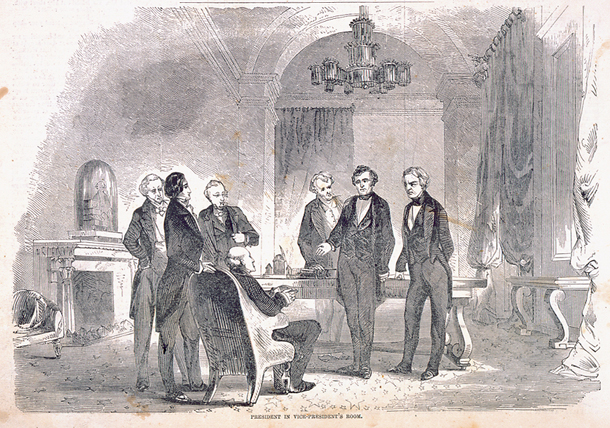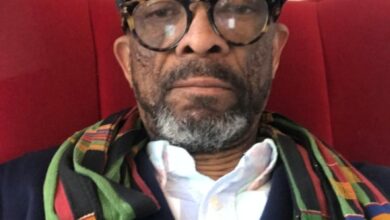
A Presidential System Suits the New Sudan

Omer B. Abu Haraz
The dramatic event which enshrouded the political scene in Tunisia last week enhances my argument that the absolute parliamentary system of governance does not suit many countries, Sudan is right in the middle of them.
Tunisia lawmakers excelled when they opted in the new constitution after the revolution of 2011 for a smart hybrid system of governance of presidential and parliamentary.
A system that has dual general elections –one for a president and the other for deputies in parliament. The president elected directly by the people has wide authority but is monitored and checked by the parliament. Article (80) of the constitution allows the president to intervene promptly at the onset of an imminent danger of the country falling into chaos or anarchy. The Tunisian parliament failed to give the prime minister, who was appointed by the president, the required support, instead it put hurdles on his reform roadmap. The parliament arena turned very chaotic with physical and rhetorical hostility. The big majority in the parliament is members of the Muslim Brothers Party – Nahda (Renaissance), headed by the diehard Muslim Brother Rashid Ghannoshi.
Prime Minister El-Mishishi in his resignation letter apologized to Tunisians for failing to address the hardships created by the dwindling economy, sky-rocketing prices of commodities among a dreadful hike in the growing number of COVID-19. He said parties, especially Nahda have priorities far away from the aspirations of the people. They give the top priority to the party’s ideology. When the resentment of the majority of Tunisians reached the critical point, the President decided – after consultation with the army top brass, security, and intelligence – to dismiss the prime minister, suspend the parliament, and imposed a 12-hour curfew.
Sudan, since independence 65 years ago opted for an absolute parliamentary system in 65 years lived only 11 years. The 54 years were autocratic regimes created by 3 military coups – 1958 – 1964, 1969 – 1985, and 1989 – 2019. In the 11 years of civilian democratic rule of civilian governments were formed every 18 months a new government was formed. 4 prime ministers shared the 11 years. Late Sadiq Al-Mahdi alone formed 3 governments from 1986 – 1989 before being ousted by the Islamic regime of the Salvation which ruled 30 years of ruthless dictatorship.
So, if not for the presidential system, Tunisia could have easily slipped into chaos and anarchy which started by people taking to the streets before being appeased by the courageous decision of the popularly elected president Ghase Saeed. It is not a coup by the army which is now following the reform steps of an elected bonafide president.
So, in Sudan, we have to think out of the inherited box of parliamentary governance. It is a failed and tested system at times when very few parties were in the arena. Now the arena is full of hundreds of contestants – parties, armed struggle factions, and ideological groups.
Any general elections for a parliamentary system will result in hostile and belligerent groups inside the parliament dome. No prime minister will be able to meet the aspirations of the people to alleviate the hardships and lower the poverty line to one digit (now it is at 70% people below the poverty line.)
The presidential system will force the enormous parties and ideologies to opt for two or three blocs each sharing a minimum level of agreement in policies and roadmaps. The presidential system will bring up charismatic leaders long lost in Sudan.
It will also close doors of military coups.
We have to pick up the Tunisian lesson and think in a pragmatic and appropriate governance system.




